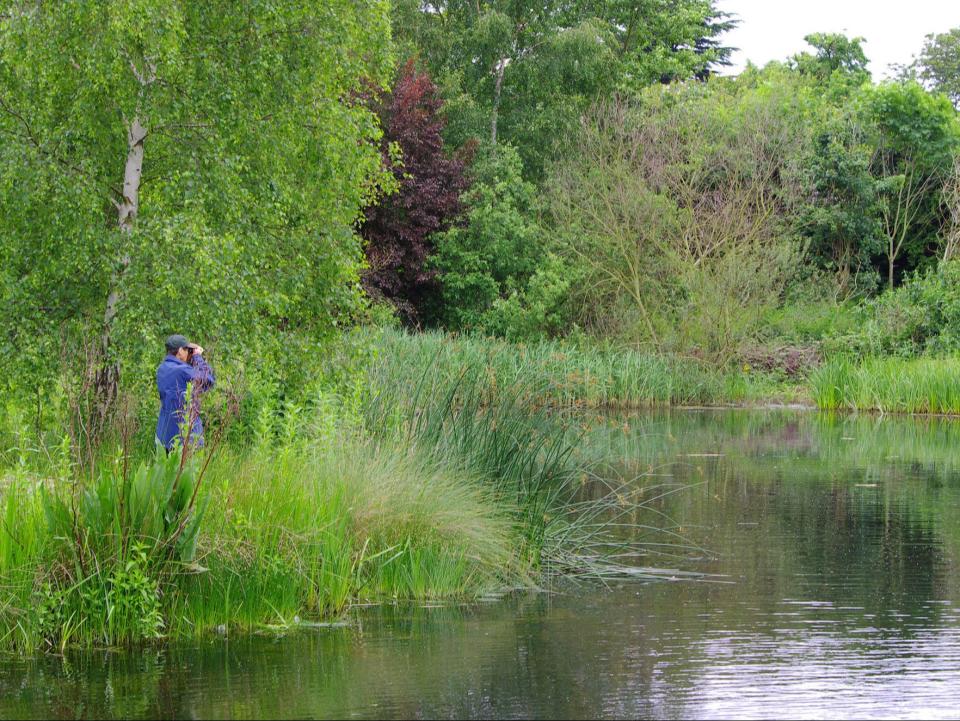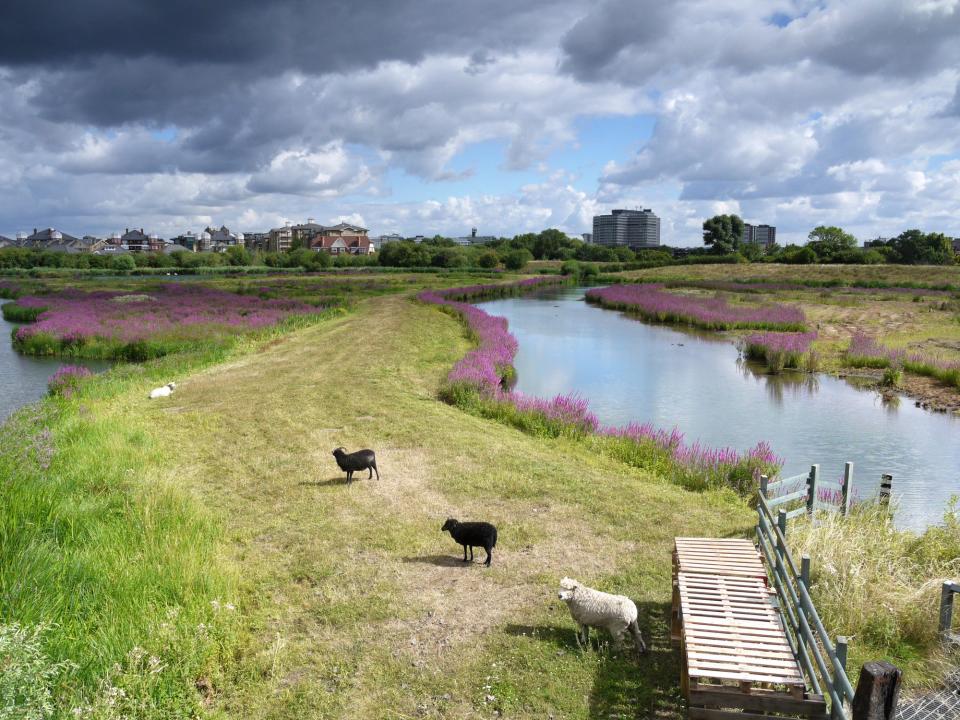Nurtured by nature: Wetlands scheme aims to boost mental health outcomes

A new health initiative will allow hundreds of people to soak up the natural beauty of wetland environments as part of a scheme to help improve their mental and physical health.
The “blue prescribing” scheme will be run at the Wildfowl and Wetlands Trust (WWT) London Wetland Centre in Barnes, where 300 people will be able to take part in a six-week nature-based health programme in the watery landscape, and it is hoped it could reduce stress, fatigue, anxiety and depression.
As humans become an increasingly urban-dwelling species, there is growing recognition that immersion in the natural world can boost various aspects of our health, with numerous studies revealing benefits.
The launch of the new scheme follows a successful pilot study run at the WWT’s Slimbridge Wetland Centre in Gloucestershire, which reported that people suffering from anxiety and depression made clinically significant improvements after regular visits to wetland landscapes, and at reassessment had moved from below average to average.
The WWT is working on the scheme with the Mental Health Foundation (MHF), which recently commissioned a survey by YouGov which found 65 per cent of people said being near the coast, rivers, lakes and ponds had a positive impact on their mental health.
Dr Jonathan Reeves, from WWT, said: “The benefits of getting out in nature for our mental wellbeing has become well known during the pandemic, but those experiencing mental health problems, and those most at risk, still face greater barriers to accessing nature.
“They are more likely to live in urban areas with fewer natural spaces and less likely to have the means to travel to those spaces.
“The blue prescribing scheme at London Wetland Centre aims to enable greater access to watery wetland nature to those that most need it.”

Before the pandemic the health secretary Matt Hancock said the government would back an expansion of “social prescribing” to reduce pressures on the NHS and promote different means of recovery, including socialising, dancing and spending time in nature-rich environments.
“I want to combat over-medicalisation and dishing out pills when it’s not in the best interests of the patient,” he said in 2019.
The blue prescribing scheme will be co-designed between the WWT, the Mental Health Foundation and those taking part, with activities to build people’s health, knowledge and confidence in wetland nature set to include bird watching, pond dipping with nets, walks, and small-scale restoration work.
Travel to the wetland centre will be fully funded and there will be financial support to help people use complimentary online services for a nature-based, mental-health, self-management course as part of the scheme, which is funded by SimplyHealth.
It is hoped the programme will enable participants to continue exploring nature independently to improve their long-term mental health.
Jolie Goodman from the MHF, said: “Many people in Britain get no support for their mental health from the NHS.
“Projects like blue prescribing which will start at the London Wetland Centre later this summer are a way for people to protect their own mental health and prevent them needing crisis support.”
Additional reporting by PA.
Read More
‘Antarctic monsoons’ could occur in dramatic chain reaction of extreme weather, scientists warn
BP shareholders reject proposals to reduce climate emissions

 Yahoo Finance
Yahoo Finance